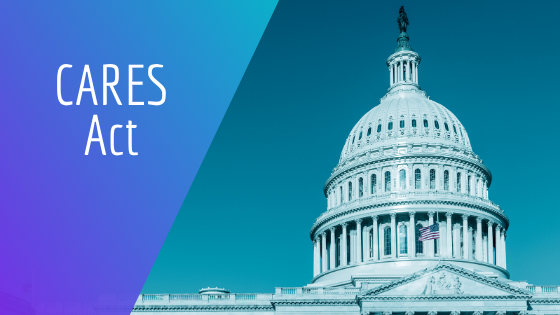One of my most favorite TV shows ever is “The West Wing.” In one episode, President Bartlet participates in a town hall meeting discussing the need for a constitutional amendment that would make flag burning illegal. During the meeting, as people are giving passionate speeches about the importance of the flag and all it stands for, President Bartlet says, “There is a population in this country that seems to focus so much time and energy into this conversation, so much so that I am forced to ask this question – is there an epidemic of flag burning going on that I’m not aware of?” I am reminded of that quote as I see a growing number of articles that discuss the importance of protecting the economic stimulus checks being sent to Americans from debt collectors. Is there an expectation that debt collectors are just waiting by the mailboxes of Americans waiting to take that check as soon as it is delivered?
Yesterday, I wrote about a letter that two Senators wrote to the Treasury Department, urging it to protect the stimulus checks from “predatory” debt collectors. Following that, here is what happened:
- A group of more than two dozen Democratic state attorneys general, not to be outdone, wrote a letter of their own, seeking to make sure the stimulus checks are classified in such a way to exempt them from being subject to garnishments.
- The attorney general of Ohio announced that the stimulus checks are “protected under existing Ohio law from bill collectors and exempt from state and federal attachment, garnishment or execution.”
- The attorney general of Massachusetts announced that “emergency funds that will be issued to consumers starting this week through the CARES Act are exempt from seizure or garnishment by creditors under Massachusetts law.”
Despite all the calls to do so, the Treasury Department has not yet made any announcement.
Receivables Management Association International proactively wrote to Treasury Secretary Steven Mnuchin yesterday and, among other things, said it has issued an “alert to our members advising them that RMAI recommends they do not solicit any amount of recovery rebates or otherwise attach such funds to satisfy a valid debt or money judgment, to the degree those funds are ascertainable.”









